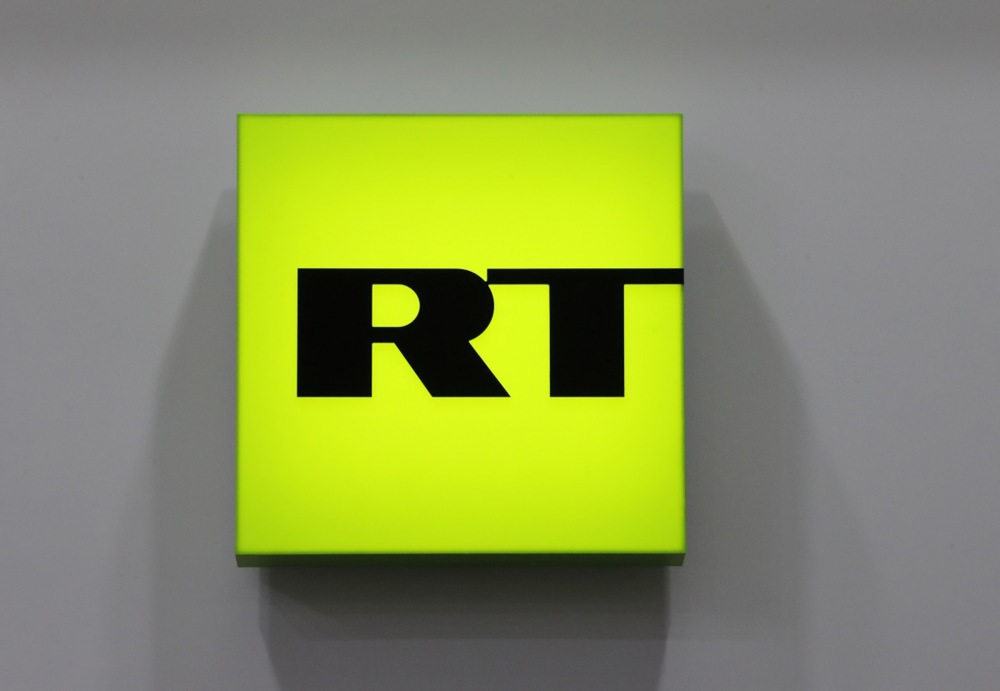The Irish Government has announced it will drop its highly controversial plans to introduce new prohibitions on so-called “hate speech”.
Minister for Justice Helen McEntee said on September 22 that she would not proceed with the introduction of the new hate-speech law, citing a lack of consensus. She did say she would press on with the hate-crime element of criminal justice legislation.
Dublin had planned to give itself extensive new powers to combat so-called “misinformation”, “disinformation” and “hate” with the legislation, with free-speech activists warning it was nothing more than speech control.
After the announcement, Sarah O’Reilly, CEO of Free Speech Ireland, on September 24 told Brussels Signal: “We are glad to see the elements of the bill related to hate speech being removed.”
She did say she feared a future comeback of the censorious plans.
“We are concerned however that in another form at a later date in new legislation they will try to achieve restrictions on Free Speech.
“We see this only as a temporary win, but we are happy that the public and concerned stakeholders have been listened to on this occasion.”
The bill has been condemned internationally, with many fearing the legislation would effectively render the possession of offensive memes illegal, among other things.
Irish plans were so far-reaching that international names including X chief billionaire Elon Musk and journalist Michael Schellenberger weighed in. In late August, Musk called the law a “massive attack on freedom of speech” and announced he would legally challenge the bill.
Schellenberger called the Irish Government’s announcement that it was dropping the plans “a massive free speech victory”.
Massive Free Speech Victory!
Ireland's government has abandoned its proposed hate speech law, which would have allowed the police to enter homes and search phones and computers for wrongthink
This is wonderful news that gives us momentum to beat back totalitarianism worldwide! pic.twitter.com/zzO4gl89zh
— Michael Shellenberger (@shellenberger) September 21, 2024
Former Irish justice minister Michael McDowell said what he called the loose language contained in part of the bill was an affront to nearly every constitutional principle, noting that the term “hatred” was not actually defined.
“We can’t have language which restricts people’s freedom of expression and leaves it to judges to decide it in the end,” he said.
On the Left, there was criticism against the dropping of parts of the bill.
Labour leader Ivana Bacik lambasted the decision to remove the “incitement to hatred” measures, calling it “a government failure”.
“It is, I think, deeply regrettable to those of ethnic minorities, to those in the LGBTQ community, to people we have seen targeted with hate speech and incitement to hatred in recent months and years, who will feel, I think, less protected than they would have done had this bill been able to progress as it should have done.”
Likewise, the Coalition Against Hate Crime, an Irish left-wing civil society coalition, said it was “disappointed ” by the decision.
“In a climate of increasing intolerance, hostility and violence towards marginalised communities, we – organisations representing communities that are directly targeted – know how important it is that our country has fit-for-purpose legislation on extreme hate speech,” the group stated.
It pledged to campaign for legislation to counter “extreme hate speech, coupled with a holistic strategy to address the roots of hate in our society”.
The European Union is to consider implementing a de facto ban on online anonymity, as well as prohibiting elected MEPs from using so-called “hate speech”. https://t.co/izESfjYoXF
— Brussels Signal (@brusselssignal) May 22, 2024





